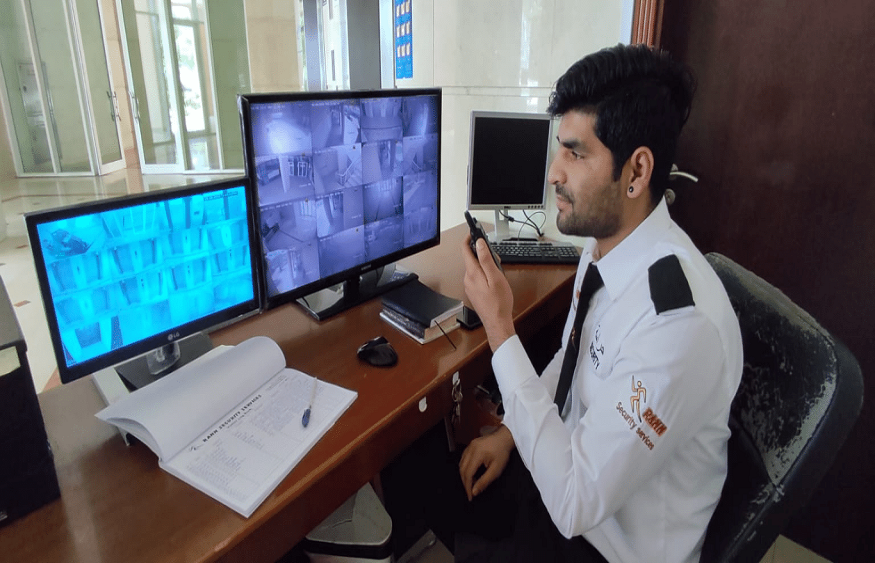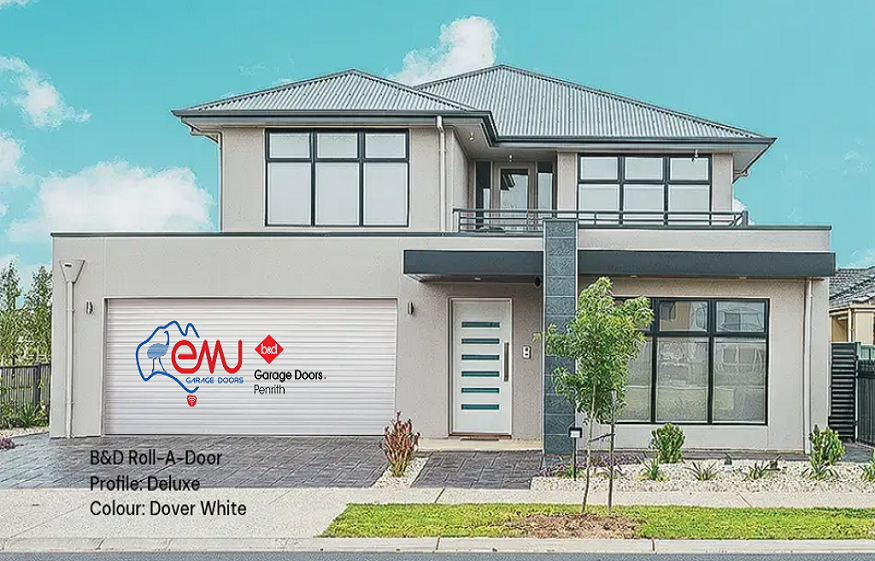How To Choose The Best Security Agency In Dubai
Selecting a private security agency in Dubai to protect your home, business, events or valuables is an important decision. With safety as the priority, you want to find an agency that is reputable, experienced and provides extensive security guard training. This ensures professionalism and readiness to handle diverse situations. As Dubai continues rapid development, demand grows for trusted security partners. Hundreds of agencies exist making provider selection tricky. Cost, licensure and service offerings also vary substantially. Conducting thorough research and asking the right questions allows identifying top contenders that align to your needs and priorities. Here are tips for choosing the best security agency in Dubai to trust with keeping people and assets protected:
Verify Licenses
Any agency operating in Dubai must be licensed by governing bodies that enforce standards. Key licenses to check are from the Security Industry Regulatory Agency (SIRA), Department of Economic Development (DED) and, for government contracts, the General Directorate of Residency and Foreigners Affairs (GDRFA).
Ask potential providers upfront to present current copies of these licenses indicating they legally operate security services and guards under Dubai’s regulatory environment. Review documentation carefully checking security agency classification level, activity and personnel. This verifies legitimately running agencies following protocols.
Research Guard Screening and Training
A security provider is only as good as the guards they recruit and train. Top agencies implement extensive screening including identity checks, qualification verification, drug testing and criminal background checks. Look for thorough hiring processes ensuring only capable, ethical guards are on boarded.
Ongoing training is also crucial so guards maintain sharp skills tailored to site needs. Probe into required training areas like access control, emergency response, patrolling techniques, traffic management, crowd control, self defense, fire safety and first aid skills. Guards should undergo periodic knowledge and skills testing with additional training for new site assignments to refresh proficiencies. Well trained guards translate to responsiveness handling diverse situations.
Ask About arming Protocols
While many sites only require unarmed guards, some higher risk locales warrant armed personnel. This introduces additional risk factors agencies must address through stringent selection criteria, psychological evaluations and intensive armament training for individual guards. Understanding these protocols is critical to confirm guards are fully prepared for firearms handling.
Discuss with prospective agencies their criteria for designating guards for armed duty. Look for extensive testing, marksmanship training and safe storage policies to mitigate risks surrounding weapons access. Reconfirm all legally required licensing is held both by the agency and specific armed personnel assigned to your location.
Clarify Communication Systems
Guards serve as the first line communicating threats to emergency channels and management chains. Examine communication systems deployed – from guard checkpoint call points and control rooms to backend support centers. Modern networks provide alerts, tracking, video and verification.
Discuss specifics regarding protocols once an incident alarm is triggered. This includes transmission of key details to emergency services dispatch, quickened response and escalation procedures. Updated, fast, accurate information flow vastly improves outcomes when threats emerge especially across large premises. Integrated data trail from initial incident all the way through resolution reporting also aids continual risk monitoring.
Review Emergency Response Planning
Beyond reacting to threats, security agencies should take a proactive role preparing emergency action plans for different risk scenarios from fires to terror incidents in collaboration with site administration. Discuss their approaches tailoring plans addressing vulnerabilities like access points while factoring in structural elements, crowd densities and existing protocols.
Confirm that emergency drills occur periodically to prepare for diverse contingencies and identify process improvements. Look for extensive coordination with local authorities spelling out responses if situations spiral beyond internal capabilities. Detailed action plans, training and partnerships display diligence handling emergencies beyond day to day deterrence.
Understand Reporting Practices
Reporting provides updates on daily activity summaries, risk signals, unusual occurrences, emerging hot zones and recommendations. This data overview helps track trends across guarded premises supporting decisions over time.
Probe what reporting packages you would receive – from shift logs, checkpoint counts, incidence reports, absenteeism rates, overtime hours to guard performance. Details should provide operational insights without overwhelming via overly manual methods. Ask how analytics are delivered and key metrics highlighted that track operational health specific to securing your people and assets. If customization cannot be supported, reporting usefulness may suffer long term.
Compare Technology Integration
Inquiring into specific technologies deployed also provides advantages distinct from competitors. CCTV monitoring, biometrics, sensors, digital tracking, record verification, smart access systems, video analytics and patrol route mapping are just some modern security integrations raising capabilities.
Discuss options suggested to strengthen protection of your specific environment with technology – whether that’s a residential compound, office towers, industrial zone or retail space. Updated platforms provide expanded visibility tackling blindspots. They enable interconnectivity between guards and central monitoring intelligence centers for faster, more targeted responses. Technology adoption indicates more professional providers.
Verify Guard Screening and Training
A security provider is only as good as the guards they recruit and train. Top agencies implement extensive screening including identity checks, qualification verification, drug testing and criminal background checks. This ensures only capable, ethical guards are on boarded.
Ongoing training is also crucial so guards maintain sharp skills tailored to site needs. Probe into required training areas like access control, emergency response, patrolling techniques, traffic management, crowd control, self defense, fire safety and first aid skills. Guards should undergo periodic knowledge and skills testing with additional training for new site assignments to refresh proficiencies. Well trained guards translate to responsiveness handling diverse situations.
Clarify Insurance and Liabilities
Even with thorough protocols and highly trained teams, the potential for security incidents always exists. Protect yourself by verifying insurance certificates, reading fine print exclusions and delineating where liability lies across people, assets and third parties between client and agency.
Probe around limits of liability coverage and whether it extends to both loss of life and property – with no sublimit restrictions. Understand if liability transfers in full or is shared in incidents directly stemming from assigned duties. Clear expectations prevent major disputes or unexpected catastrophe from bankrupting your organization if the worst case transpires.
Conclusion
Selecting a private security Dubai for one’s property, events or valuables introduces immense trust and responsibility. Following tips like verifying licenses, scrutinizing guard quality and preparedness, examining communication and technology integration as well as settling liability and coverage parameters allows identifying truly professional providers versus cut-rate alternatives. While a tedious process on the front end, perfecting due diligence choosing who protects your interests pays dividends over years of reliable service. Taking time to thoroughly evaluate suppliers against needs ensures the right security partner for optimal safety, visibility and responsiveness across diverse situations from daily operations to crisis response.



